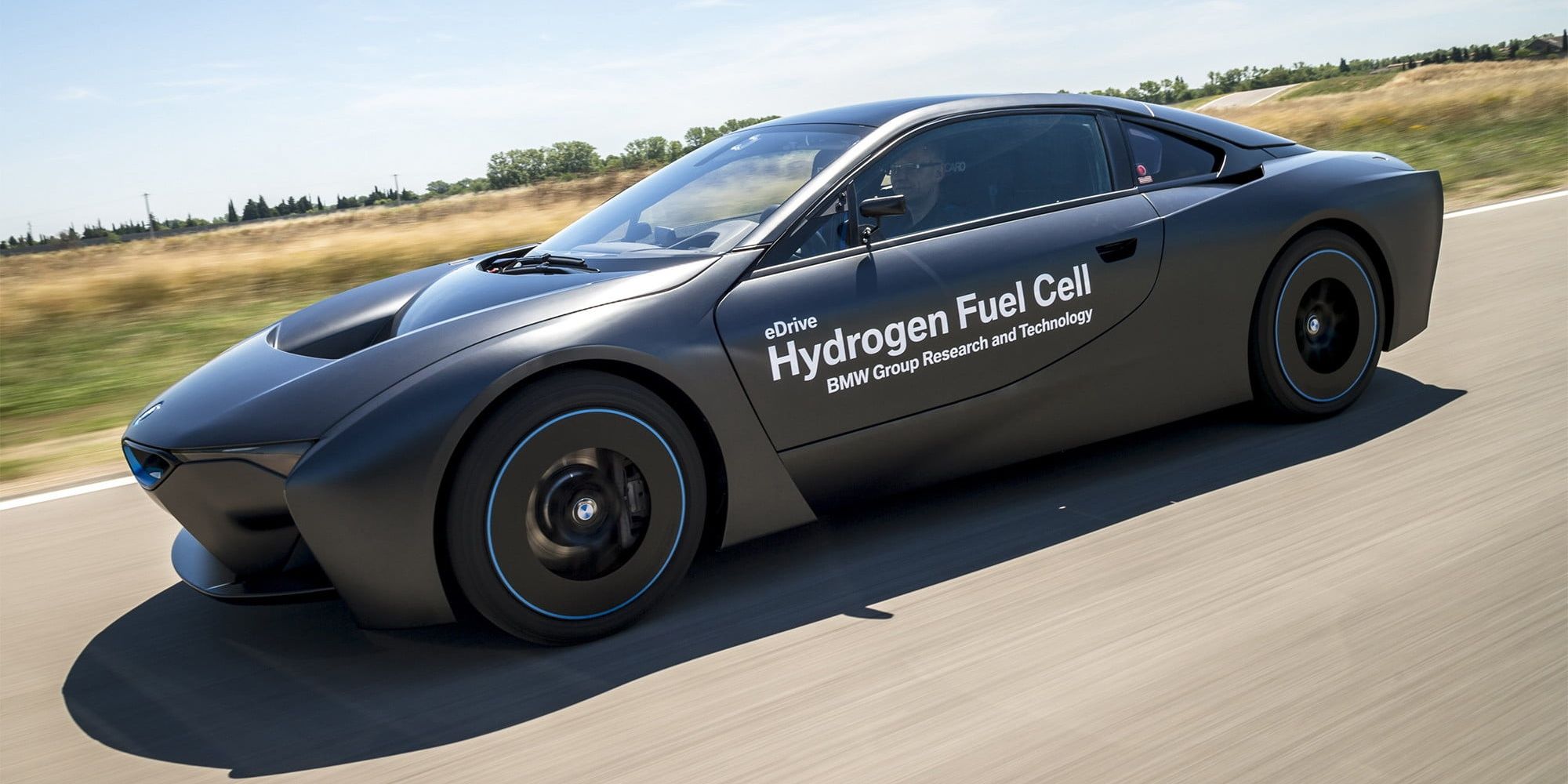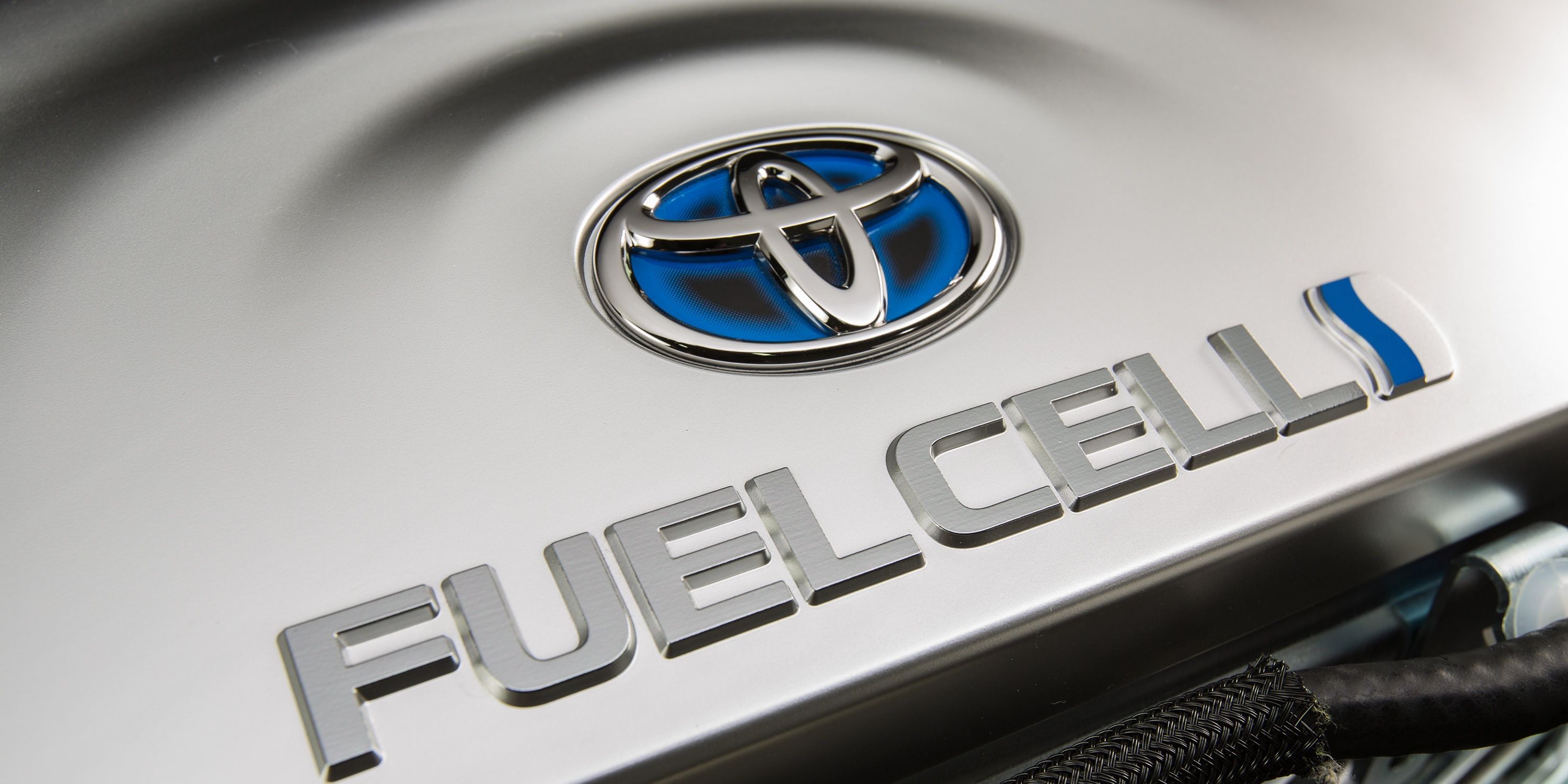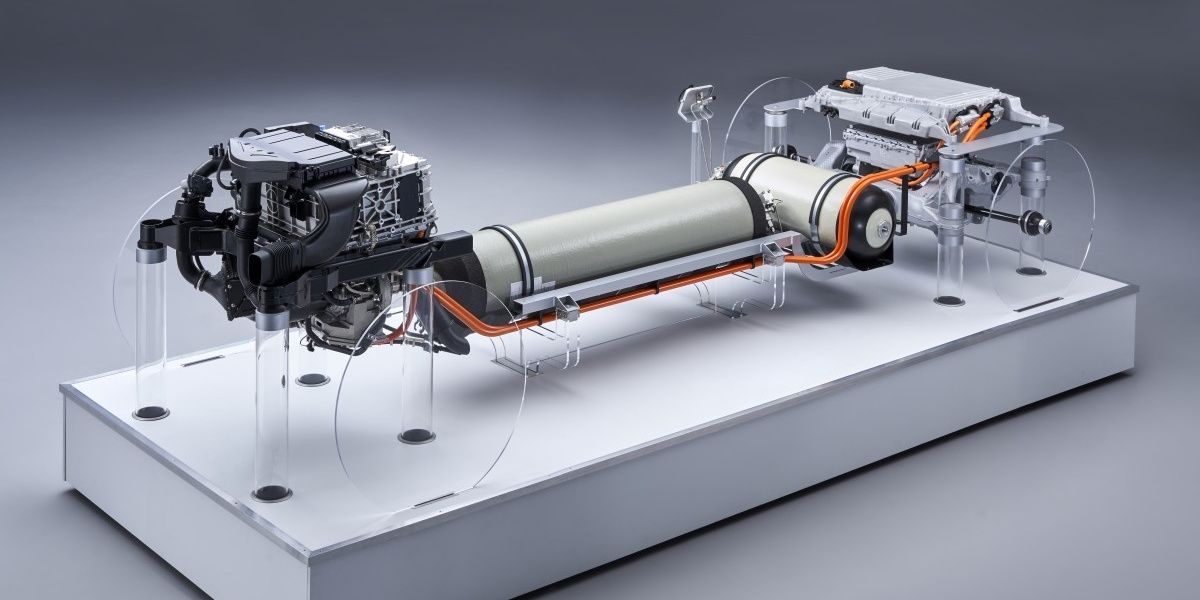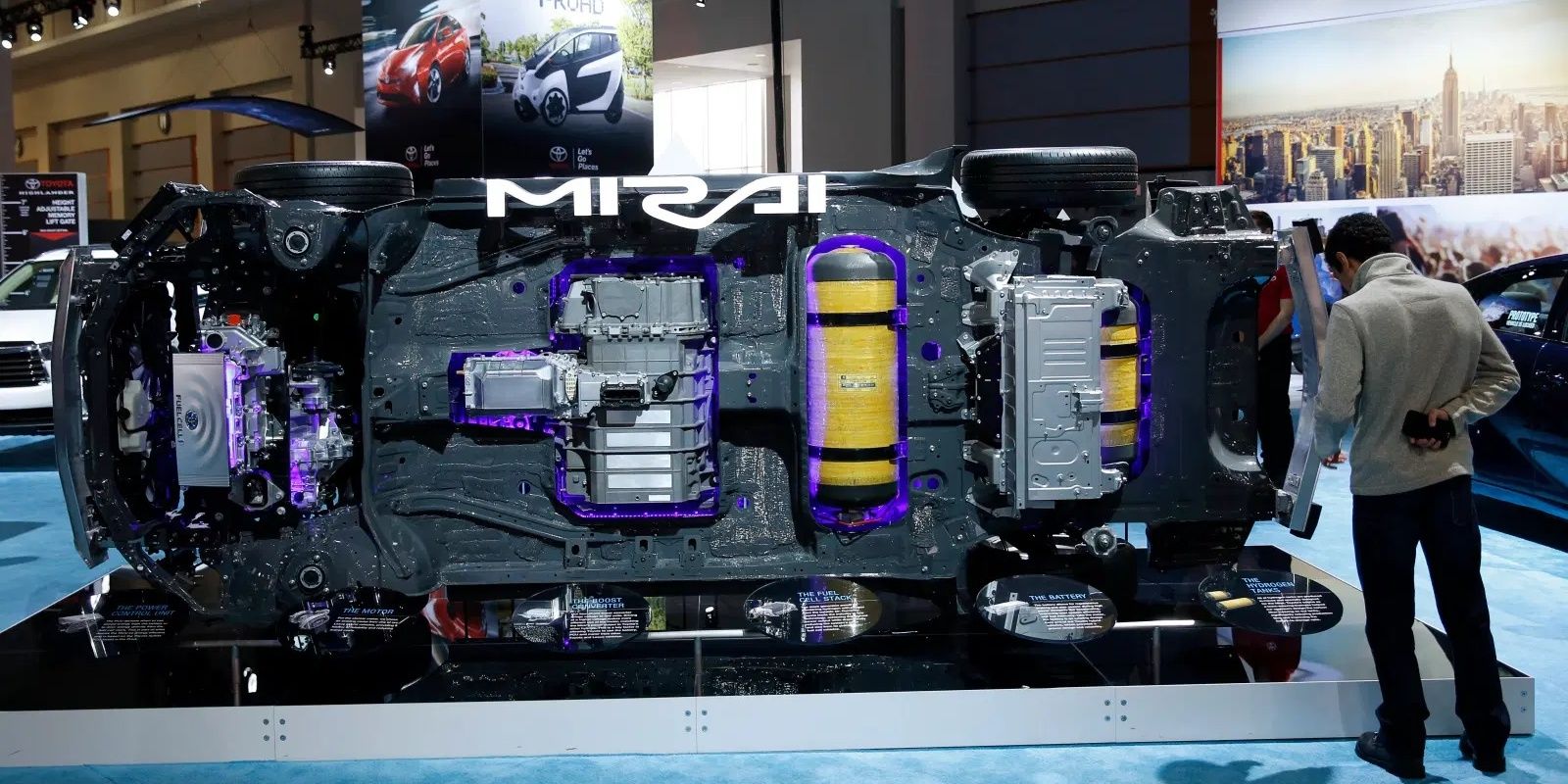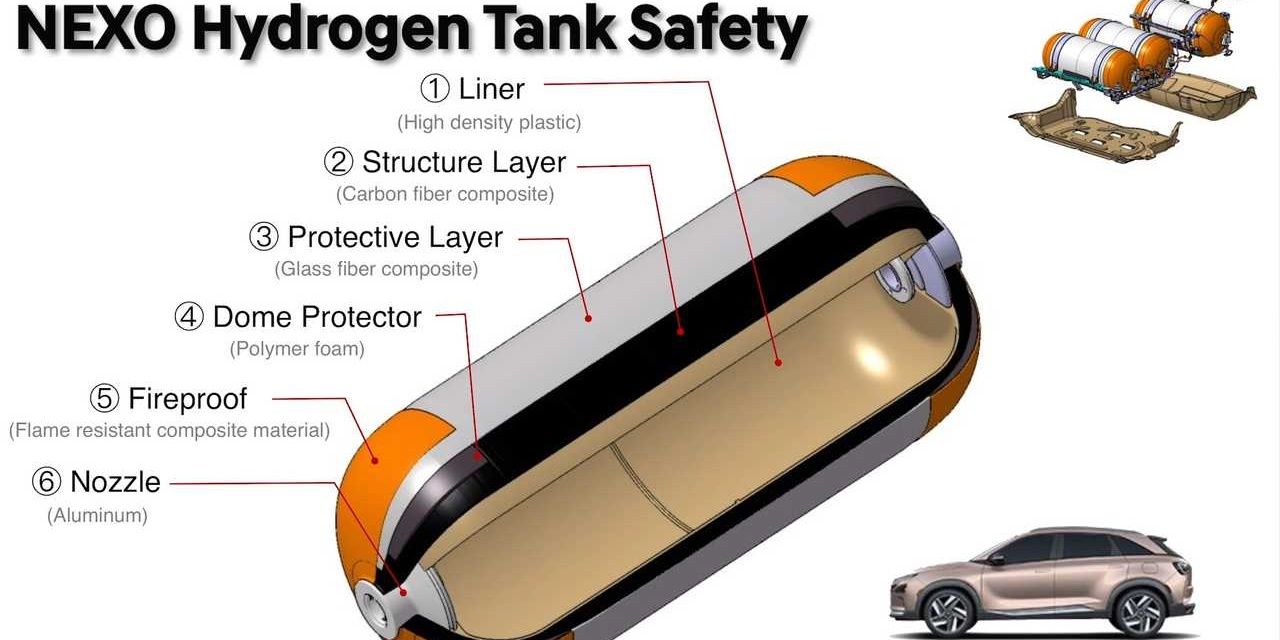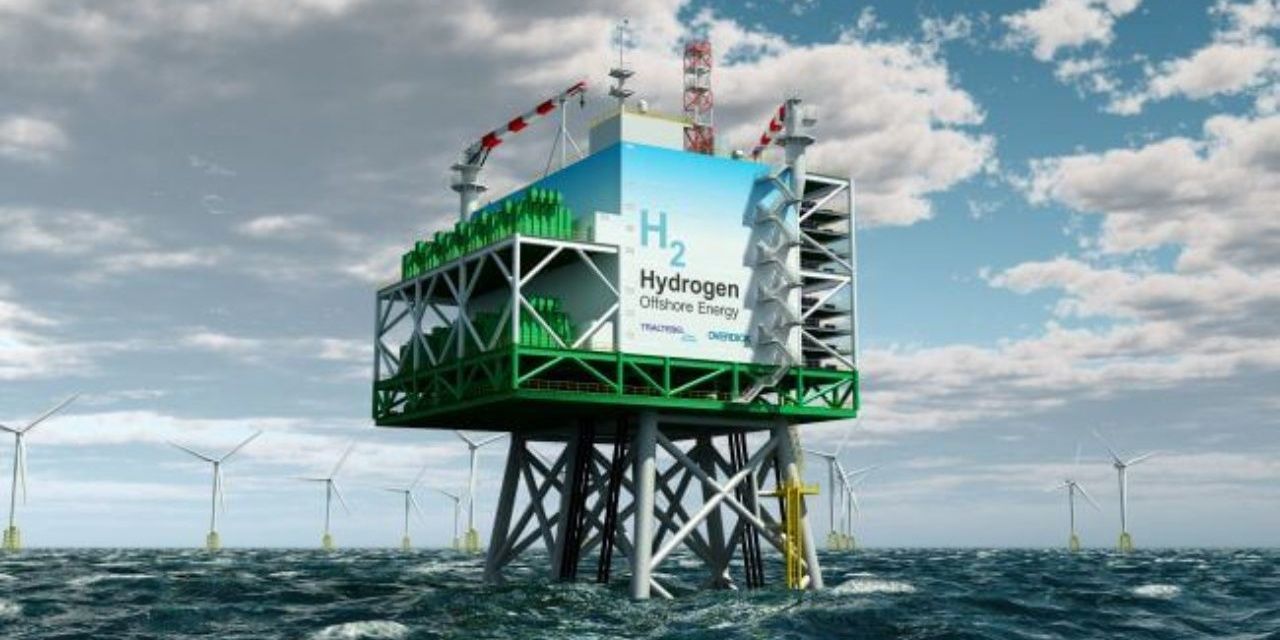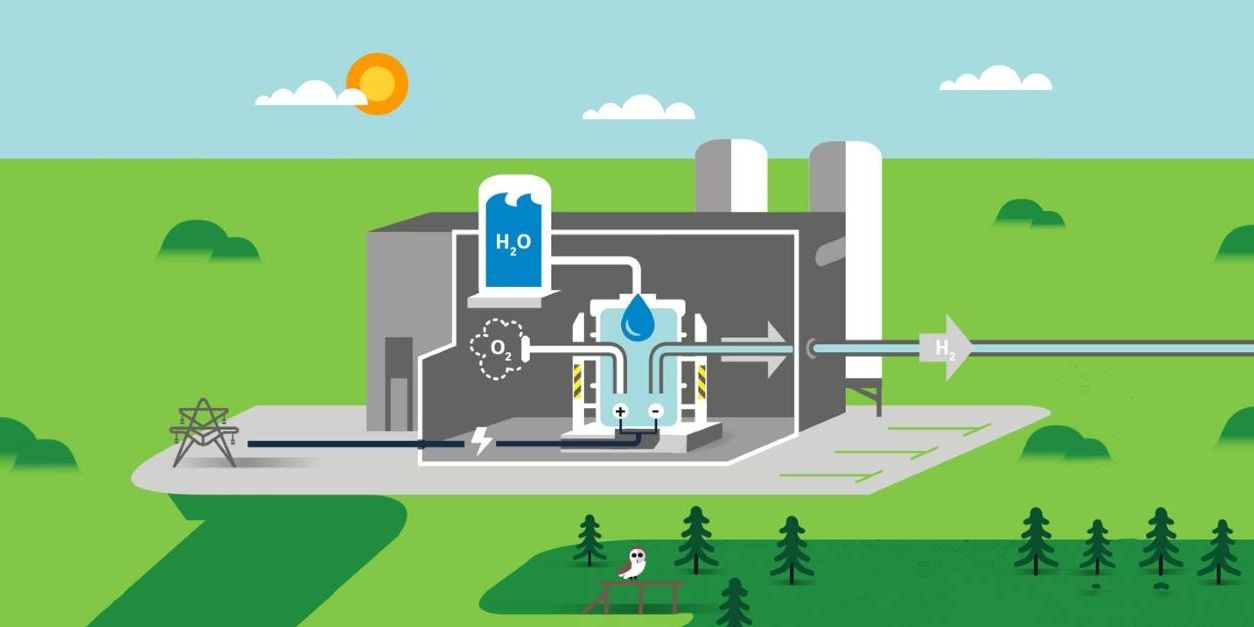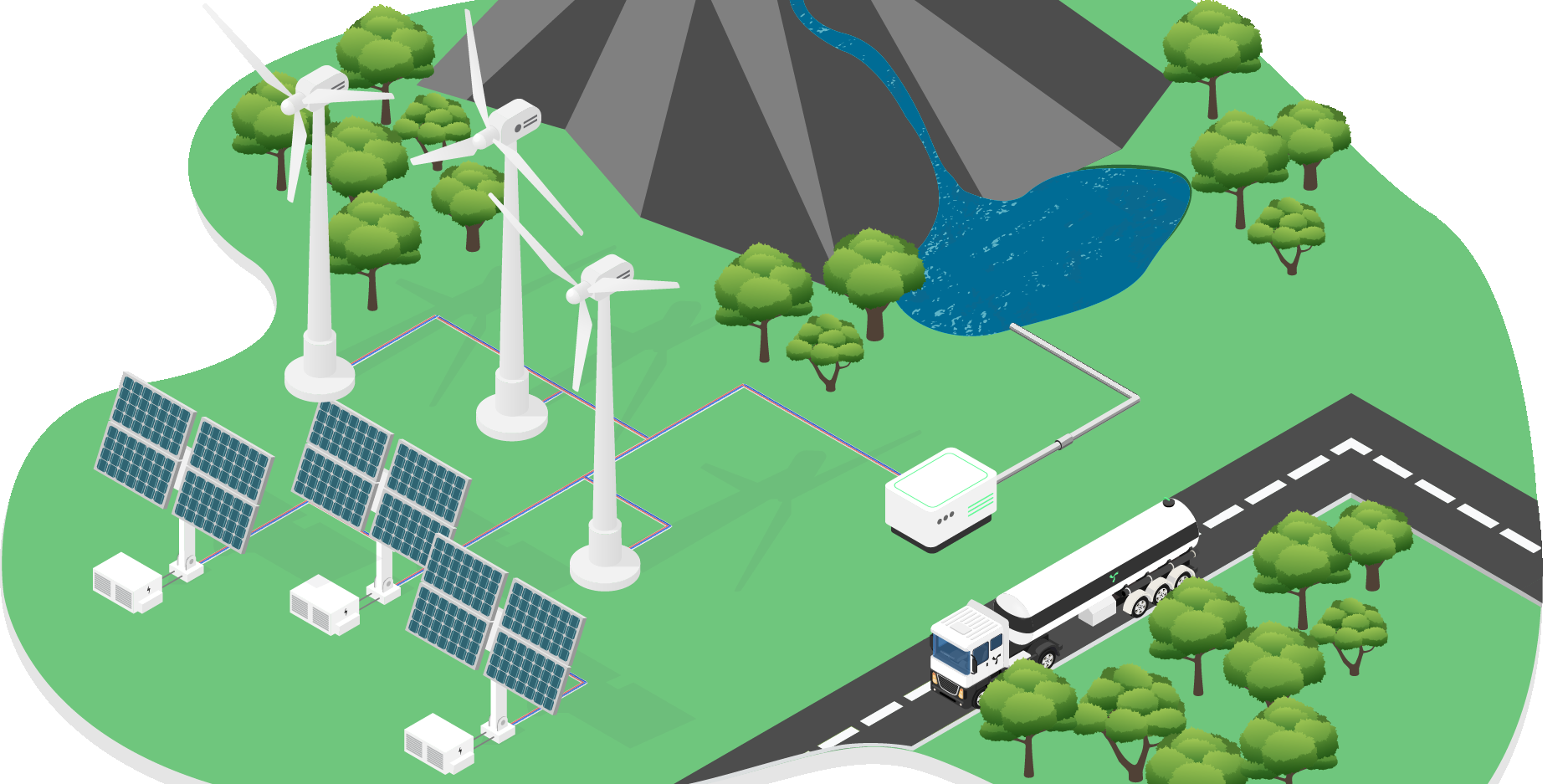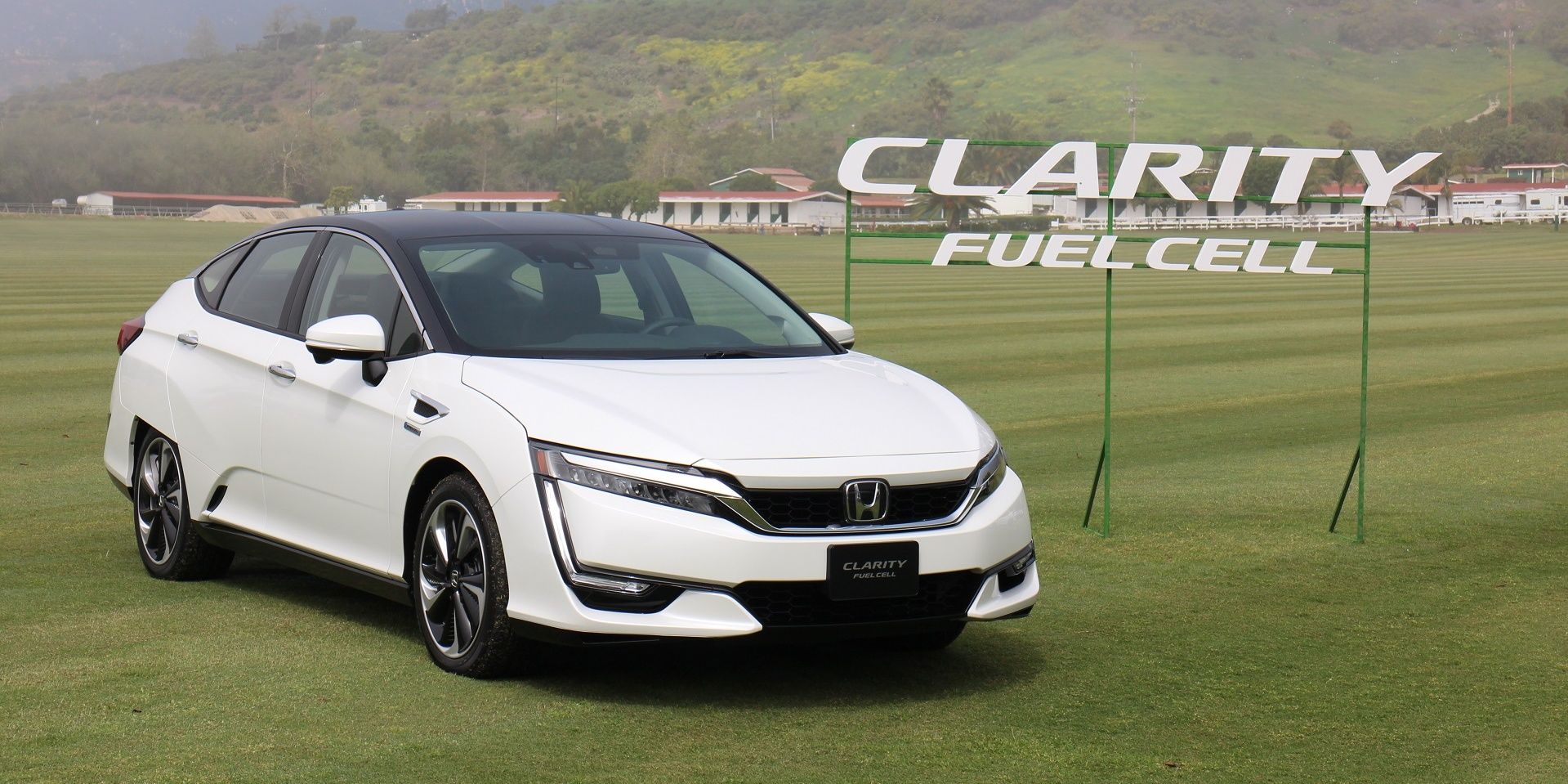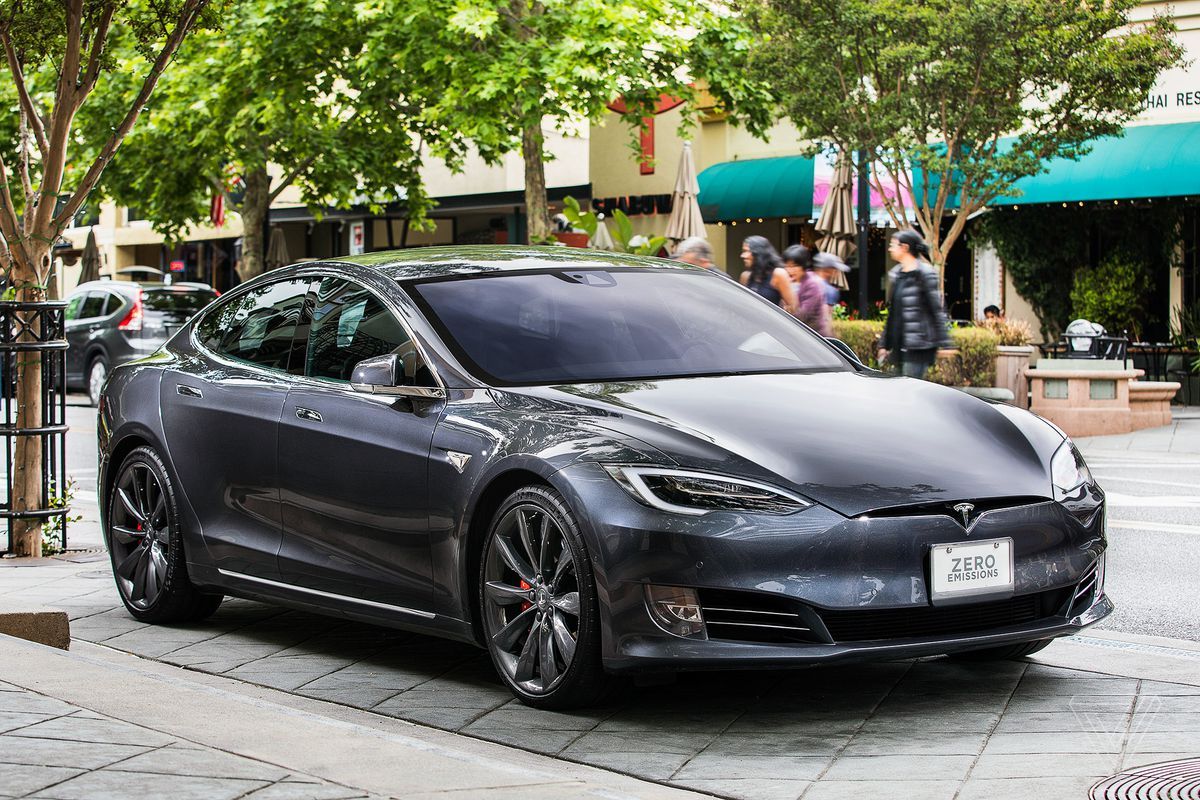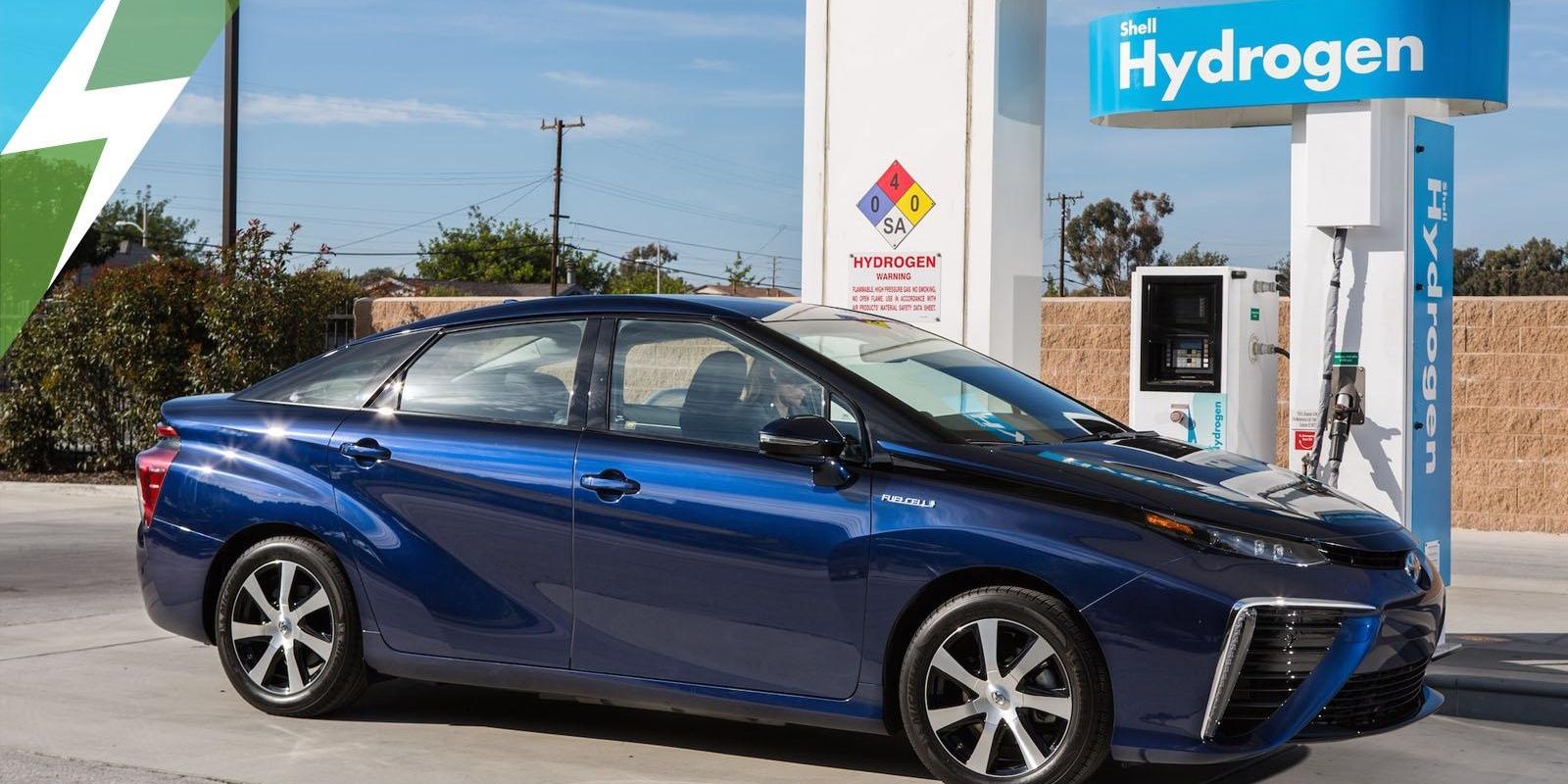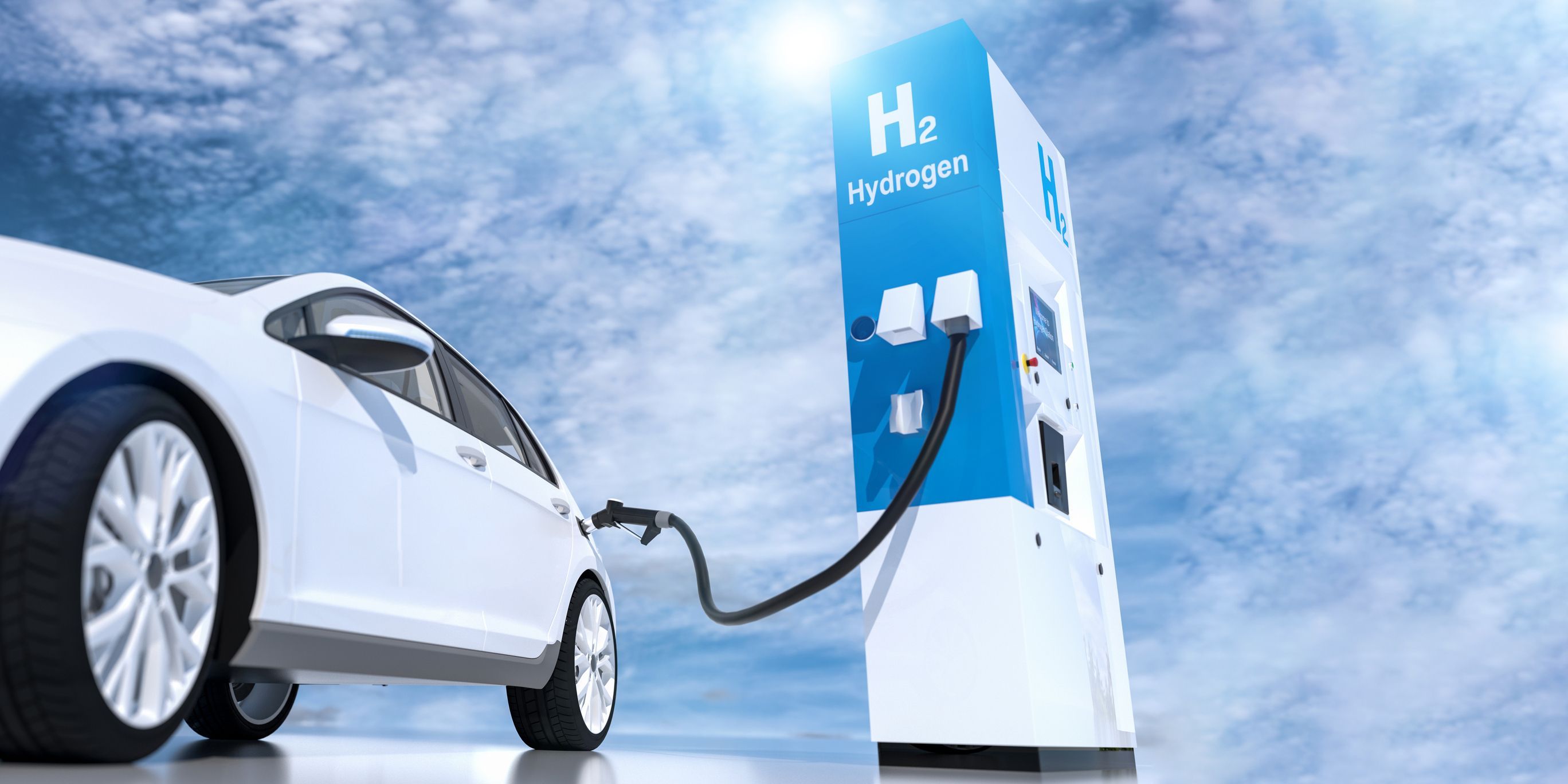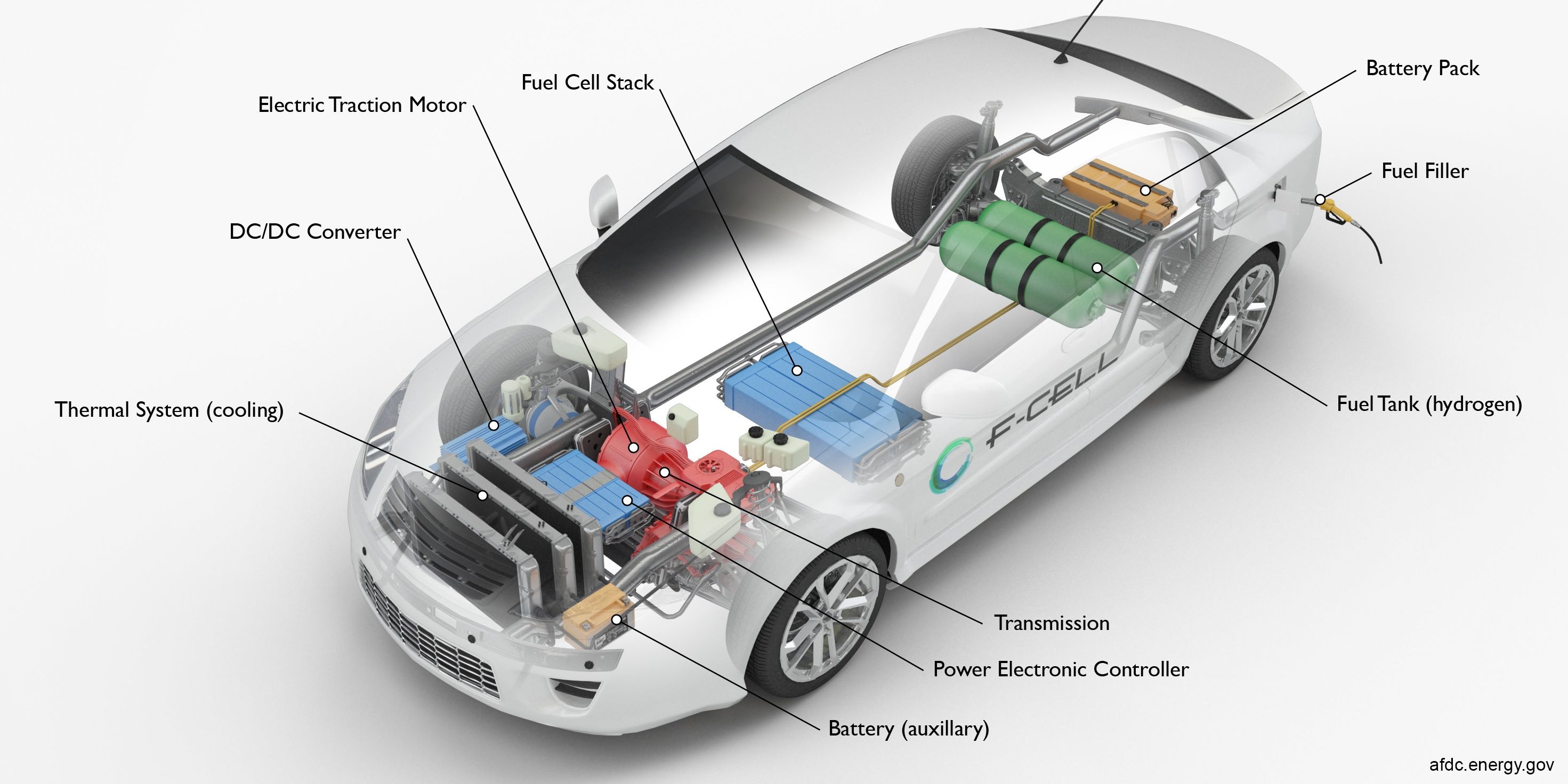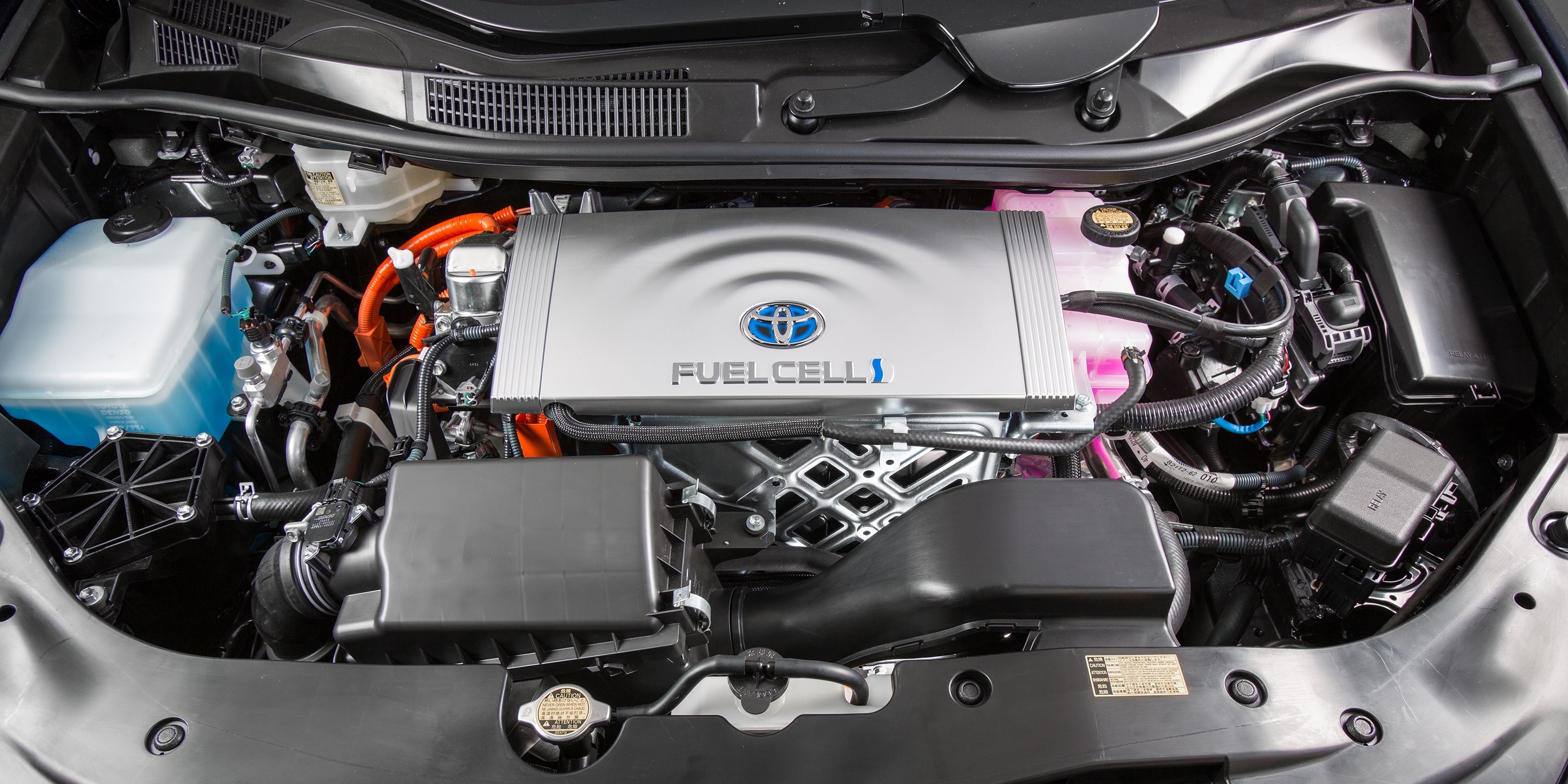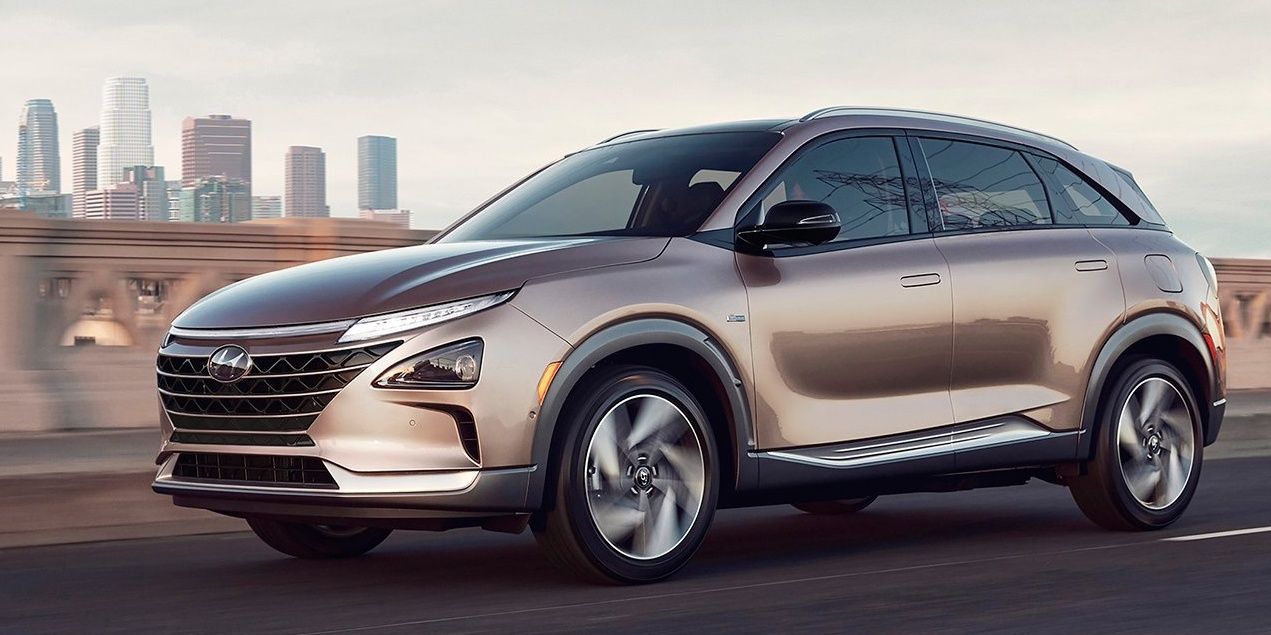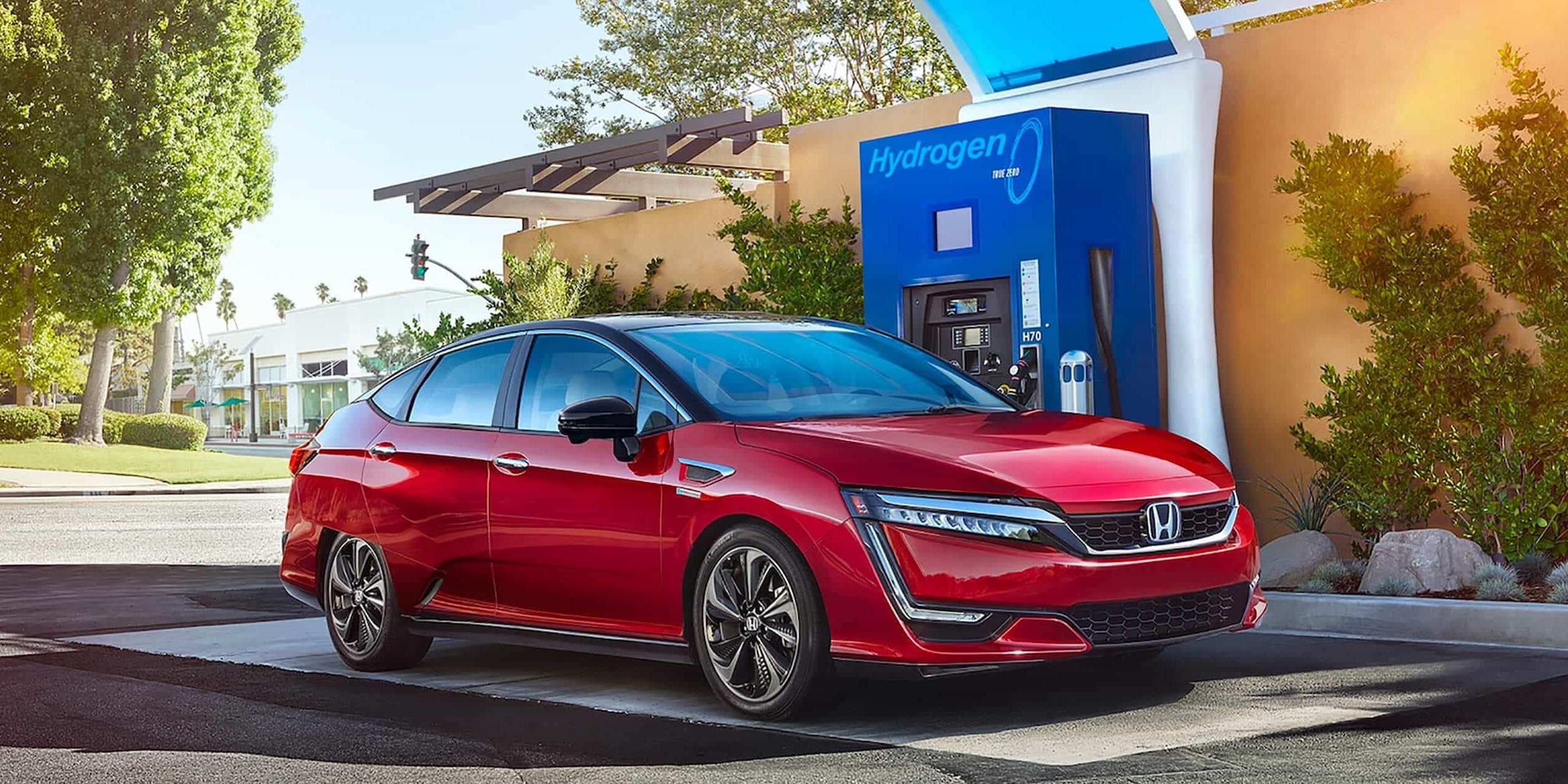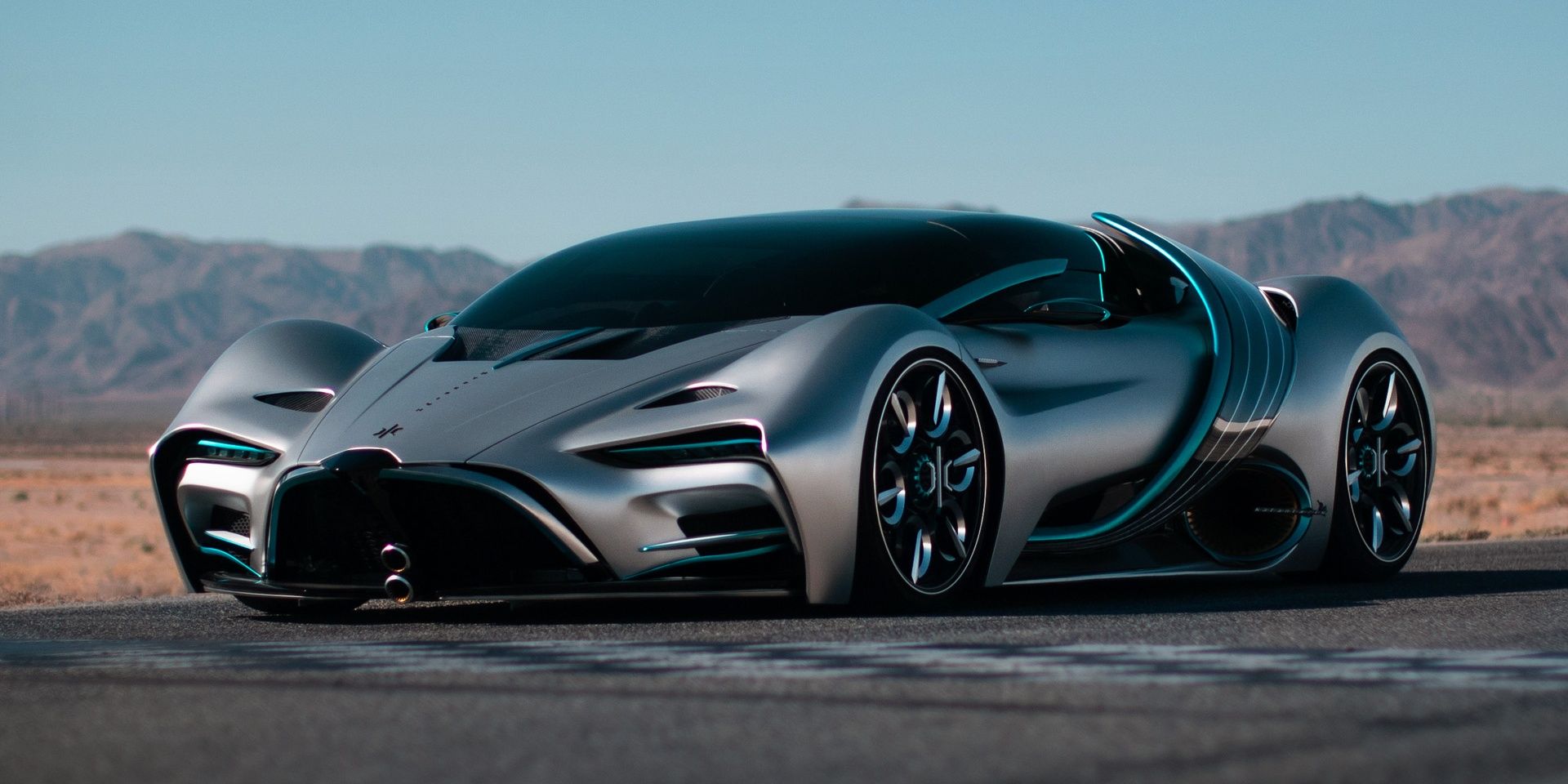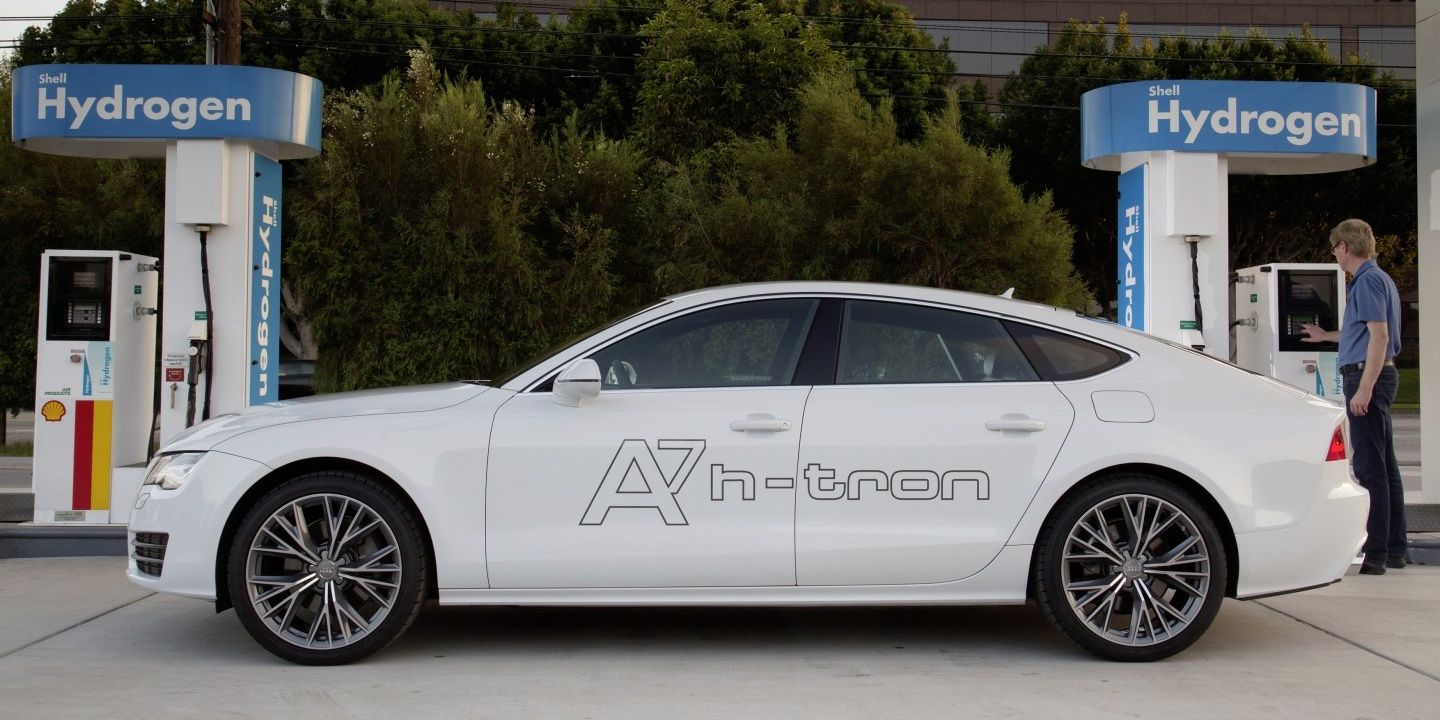In the quest for clean energy vehicles, EVs have become the front runner thanks to car manufacturers like Tesla which brought EVs to the mainstream. But other clean energy technologies are ready to take Tesla’s crown, or at least they’re trying.
Hydrogen fuel-cell cars are one of the biggest and best alternatives to EVs. Major car manufacturers like Honda and Toyota already have hydrogen-fueled cars that people can lease right now. Other manufacturers like Porsche and The VW Group which owns brands like Audi and BMW have invested decades into hydrogen fuel cell technology and are preparing for consumer cars.
10 They Run On Hydrogen
Hydrogen fuel-cell cars are actually very similar to EVs. They store energy in batteries and use that energy to run electric motors like an EV. Where they differ is instead of charging up the batteries via cables and charging stations, hydrogen fuel-cell cars fill up tanks with highly pressurized hydrogen. That hydrogen reacts in the fuel-cell which produces two things, water and electricity.
That’s right, the only byproduct of hydrogen fuel-cell cars is electricity which is stored in batteries and water which is harmlessly released. That means these cars have all the benefits of electric cars including the performance of electric motors and less maintenance but with the benefit of fast fuel-ups similar to gasoline-powered cars.
9 Is Hydrogen Safe?
Hydrogen fuel-cell cars are perfectly safe. For many people, the only practical use of hydrogen that they may know about is the Hindenburg which used hydrogen instead of helium to fill a commercial airship. Tragically, the Hindenburg ignited the hydrogen and resulted in one of the biggest aerial disasters in history. But, the tanks that hold the pressurized hydrogen is even more secure than the tanks that hold flammable gasoline.
There have been decades of rigorous testing to ensure the tanks are safe in the event of a collision. Batteries found in EVs are far more likely to catch fire than hydrogen tanks leaking. Additionally, since hydrogen is in gas form it will not pool if there is a leak like gasoline it will simply dissipate in the air. In one safety test, live rounds of ammunition were fired at a hydrogen tank and the gas escaped the tank through punctures so fast they did not catch fire. Another test purposely set a leaking hydrogen tank on fire. The hydrogen did catch fire but did not cause significant damage to the car due to the way the gas leaked from the tank.
8 Where Does Hydrogen Come From?
This is the biggest downside in the case for hydrogen fuel-cell cars. There are many ways to get pure refined hydrogen for vehicle use but currently, the most common way to refine hydrogen is in the same industrial plants that produce heavy amounts of carbon emissions.
There are ways to refine hydrogen via renewable energy like solar and wind but the process is very inefficient and can result in up to 30% energy loss from the initial power source to end hydrogen product. Additionally, the energy transfer from hydrogen being converted to electricity is only 50% compared to transferring power from a battery to the electric motor in a traditional EV.
7 Can They Be Sustainable?
Currently, the way most hydrogen is produced is similar to electricity as well as the resulting carbon footprint. But, hydrogen fuel-cell technology has the potential to be completely carbon footprint neutral coming from entirely renewable sources.
Hydrogen has multiple advantages including production when there is a surplus of energy. Renewable energy is subject to the whims of nature and can be unpredictable. That means there will be situations where the sun won’t shine as brightly or the winds won’t turn turbines but there are also situations where batteries and electrical grids won’t be able to store energy from peak energy production, that excess energy can be used to create hydrogen which is easily stored.
Hydrogen is also a byproduct of many industrial processes. Normally, byproduct hydrogen is just disposed of as excess waste but can instead be stored as fuel for vehicles. As renewable energy technology advances, hydrogen can be more easily produced resulting in a more sustainable future.
6 They’re Essentially Electric Cars
Aside from hydrogen used as fuel, hydrogen fuel-cell cars are essentially electric cars with most of the pros and cons being similar. They use the same electric motors and can produce similar performance including legendary instant torque. That means plenty of power-on-demand. Fuel-cell cars are also incredibly quiet with no combustion taking place and no vibrations from the motors.
Both fuel-cell cars and EVs require batteries which can be very heavy and reduces efficiency. But fuel-cell cars can use much smaller batteries than EVs and still get the same or greater range due to having fuel onboard.
5 Range Is Far Superior
Tesla is often cited as the ruler all EV’s are measured against not only for their advanced technology but their impressive range. Some of Tesla’s higher-end models can reach 300 miles of range before needing to be recharged and a Long Range Plus model can reportedly reach up to 400 miles of range, extremely impressive for an EV.
Hydrogen fuel-cell cars can beat even the most long-range Tesla models. Currently, one of the most popular hydrogen fuel-cell cars on the market is the Toyota Mirai which has a range of 312 miles on one tank of hydrogen. That alone might not be enough to beat Tesla’s future long-range models but a Mirai only takes a few minutes to fill up a tank from empty to full. Even with the fastest charging station, it will still take anywhere from 45 minutes to 1 hour 30 minutes to fully charge a Tesla. That means a hydrogen fuel-cell car can make a quick pit stop
4 Where Do They Fill Up?
Another strength of a hydrogen fuel-cell car is where they can get fueled up. Currently, California which has the most hydrogen refueling stations has less than 20 in the entire state. But these stations are add-ons to already existing gas stations. That is a significant advantage compared to EVs like Tesla which is investing billions of dollars to create hundreds of supercharging stations across the US.
That means that once the technology scales, hydrogen refilling stations will be far more numerous and easier/cheaper to install than EV charging stations. This may also solve the concern that existing electrical infrastructure simply cannot handle hundreds of thousands of EVs all charging at the same time when they finally do become the dominant form of consumer vehicle.
3 Cost Of Ownership
Unlike EVs which boast a relatively lower cost of ownership compared to traditional ICE cars, hydrogen fuel-cell cars are roughly equal in cost of ownership versus traditional ICE cars. The reason EVs can enjoy reduced cost of ownership is that maintenance is much simpler and therefore cheaper but electricity is cheaper than gasoline. Depending on a customer’s area, gasoline can range from under $2 to around $5 per gallon. The price of electricity per kWh is roughly 10-20 cents, meaning you can fully charge an EV with less than $20.
Hydrogen for use in fuel-cell vehicles costs about $16 per kilogram (roughly a third of a gallon) making it far more expensive to fill up compared to even a gasoline-powered car. But current deals with car manufacturers means you likely won’t have to pay to fill up a fuel-cell car in the near future. Eventually, once the technology scales and hydrogen production increases, the price is expected to fall similarly to gasoline.
2 Availability
As of the writing of this article, there are only three hydrogen fuel-cell cars consumers can get. Most fuel-cell cars are considered a niche and therefore test product. As a result, most fuel-cell cars can only be leased, not bought which ensures proper maintenance on the incredibly advanced systems.
Many other car manufacturers have been working on their own hydrogen fuel-cell cars including BMW and VW Group which owns brands like Audi and Porsche. There is no official timeline for future models but as more car manufacturers are investing more in clean energy vehicles many have said they will be advancing the timelines for hydrogen fuel-cell cars as a viable alternative to pure EVs.
1 Future
Despite hydrogen fuel-cell technology being around for decades, there has not been much development as interest favored pure EVs. But as the demand for more sustainable alternatives grows, hydrogen fuel-cell vehicles have quickly become one of the best alternatives. Much like EVs in their infancy, it was difficult to see a future where the technology could become mainstream, hydrogen fuel-cell vehicles are essentially in their infancy.
With increased demand, all the barriers that make fuel-cell cars prohibitively expensive or inconvenient can be solved cheaper and faster than the scaling of EVs and their infrastructure. Many experts believe without better/faster battery technology EVs are stuck. Hydrogen fuel-cell vehicles may be the best way to gap what the average consumer is used to and fully clean-air vehicles.

